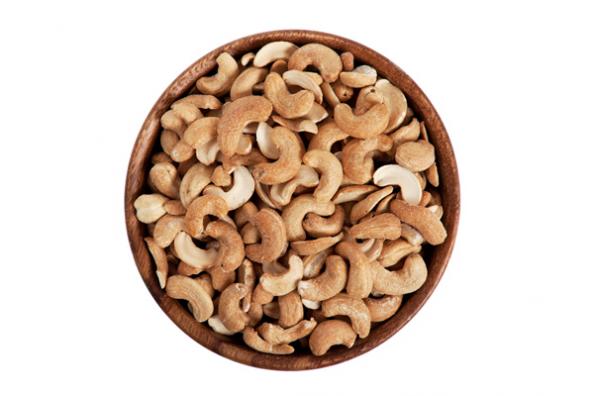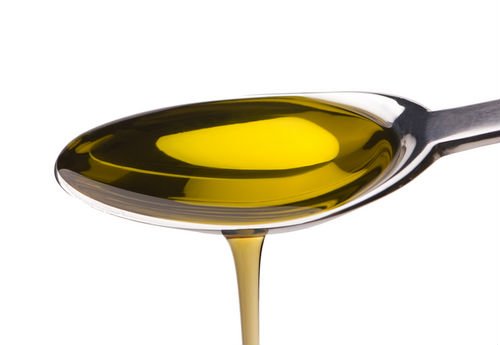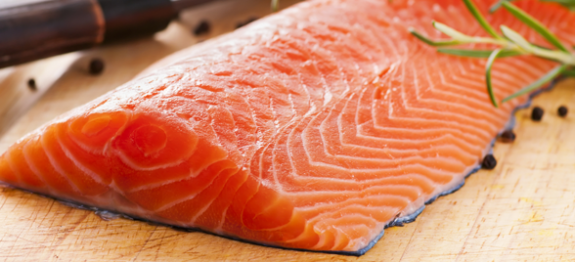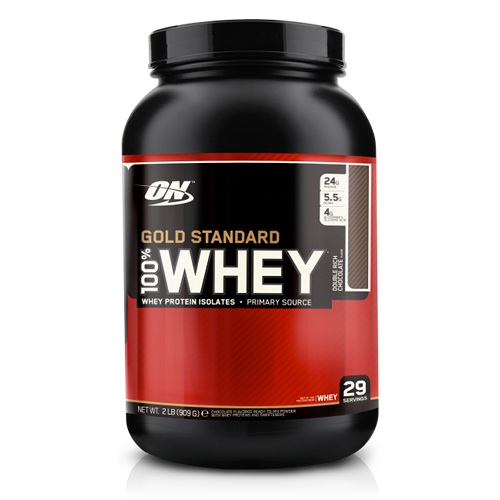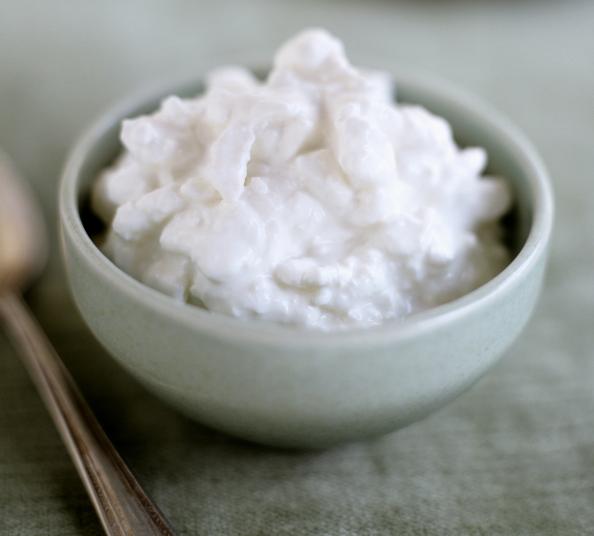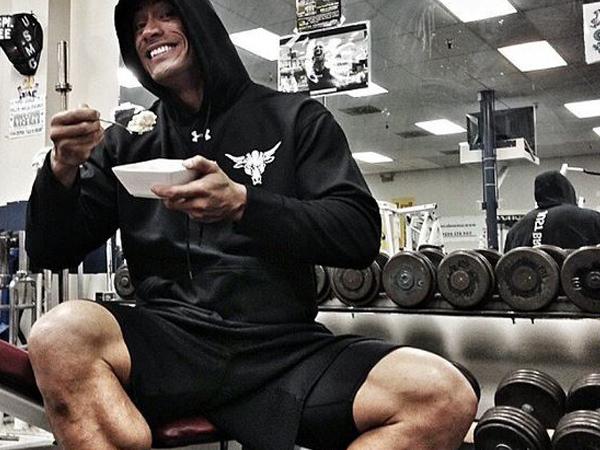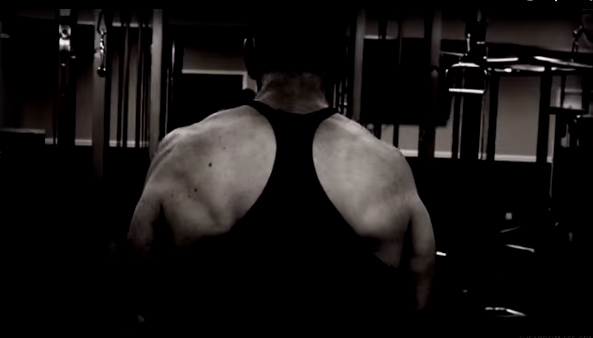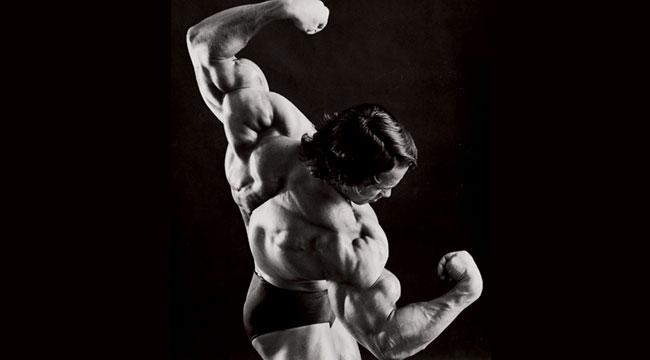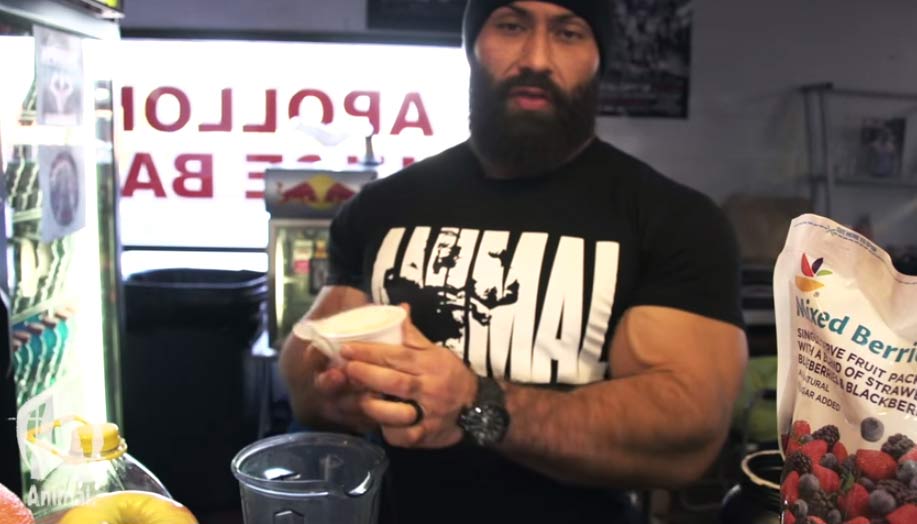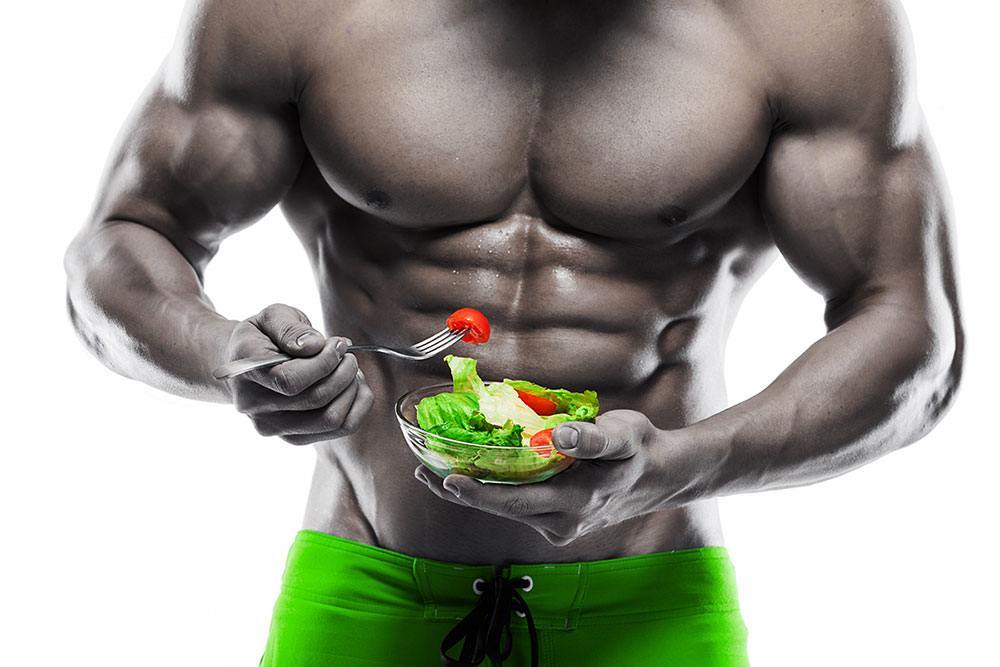What if I told you that you could gain more muscle mass with less training? Or retain more muscle mass with less training? And even gain/retain more strength with less training? The secret is nutrition.
To get you started, here is my list of the top 12 foods to help you gain more muscle mass and strength: Of course, everyone should be eating more chicken, broccoli, and spinach, but here’s some more variety:
Nuts.
Nuts are a must for any hardgainer struggling to put on weight. 1 ounce of cashew or almonds contains 150-170 high quality calories. Nuts are the perfect blend of protein, fats, and fiber allowing you to get the extra calories you need without having them pad your waistline. Nuts are also extremely portable making them the perfect thing to snack on during the day if you need to increase your calorie intake.
Fish oil.
Omega-3s: the source of a bajillion health benefits. Everyone should be supplementing with this on a daily basis. Also great for fat loss in controlled studies. (Thorsdottir I, Tomasson H, Gunnarsdottir I, Gisladottir E, Kiely M, Parra MD, et al. Randomized trial of weight-loss-diets for young adults varying in fish and fish oil content. Int J Obes 2007.) As a general guideline: liquid is better than pills; fish oil should not have a fishy taste.
Wild Salmon.
Almost a second-parter to the previous entry: wild salmon is getting a healthy omega-3 intake in taste and style (you’ll find a much higher omega-3 content in wild fish, so spend the extra couple bucks and upgrade to the [better tasting] wild salmon). They have a good amount of protein and animal fats. Wild salmon is also the most goddamn delicious thing when grilled on a barbecue with salt, pepper, and thyme, finished with a squeeze of lemon. You won’t be hungry after a salmon steak and a side of leafy greens.
Whey Protein.
Besides the obvious convenience of having a complete, super-bioavailable protein source on hand at any time and the numerous health benefits (immune response, brain function, tissue repair, etc.), replacing carbohydrate/fat calories with pure protein will have you coming to your next meal less hungry (http://www.ncbi.nlm.nih.gov/pubmed/17964616), provide a thermic effect (which translates to less calories), preserve muscle mass when cutting (with a proper exercise program, it’ll lead to an improved body composition/support current basal metabolic rate), and possibly even slow absorbtion of sugars into the bloodstream (I’m not too sure about the science of carb-crashing – it seems to be more anecdotal than research-backed). Plus, they can be pretty damn tasty if blended with some ice and milk/water. Note: many manufacturers use artificial sweeteners in their whey protein shakes so do your research on possible health issues.
Cottage Cheese.
Cottage cheese’s muscle building powers comes from two different components. Cottage cheese contains a high proportion of casein, the slow digesting dairy protein. When you eat casein you blood amino acid levels rise slowly and stay elevated for longer than if you would have eaten whey (the other dairy protein). Cottage cheese also contains live cultures which are good bacteria what will help you breakdown and absorb all the nutrients you need to get bigger and stronger.
Coffee/Yerba Mate/Green Tea/Black Tea/Oolong Tea.
All of these drinks are zero calories on their own. Caffeine aids in fat loss as a thermogenic (even better when added with ephedrine – but make sure that you dose correctly if you take this route. Yerbe mate has about the same amount of caffeine as an espresso, so it’s a fine substitute for tea drinkers trying to get in some extra caffeine. When you’re first drinking coffee/yerbe, it may act as a diuretic, but your body will quickly adjust to this. Green teas have less caffeine, but they also have special polyphenols/catechins (epicatechin, epicatechin-3-gallate, epigallocatechin, epigallocatechin-3-gallate) which boost norepinephrine production, aiding in prolonging thermogenesis. EGCG supplements may help if you want this effect without drinking lots of tea – however, I recommend drinking the tea as I’m not sure how well they work on their own.
